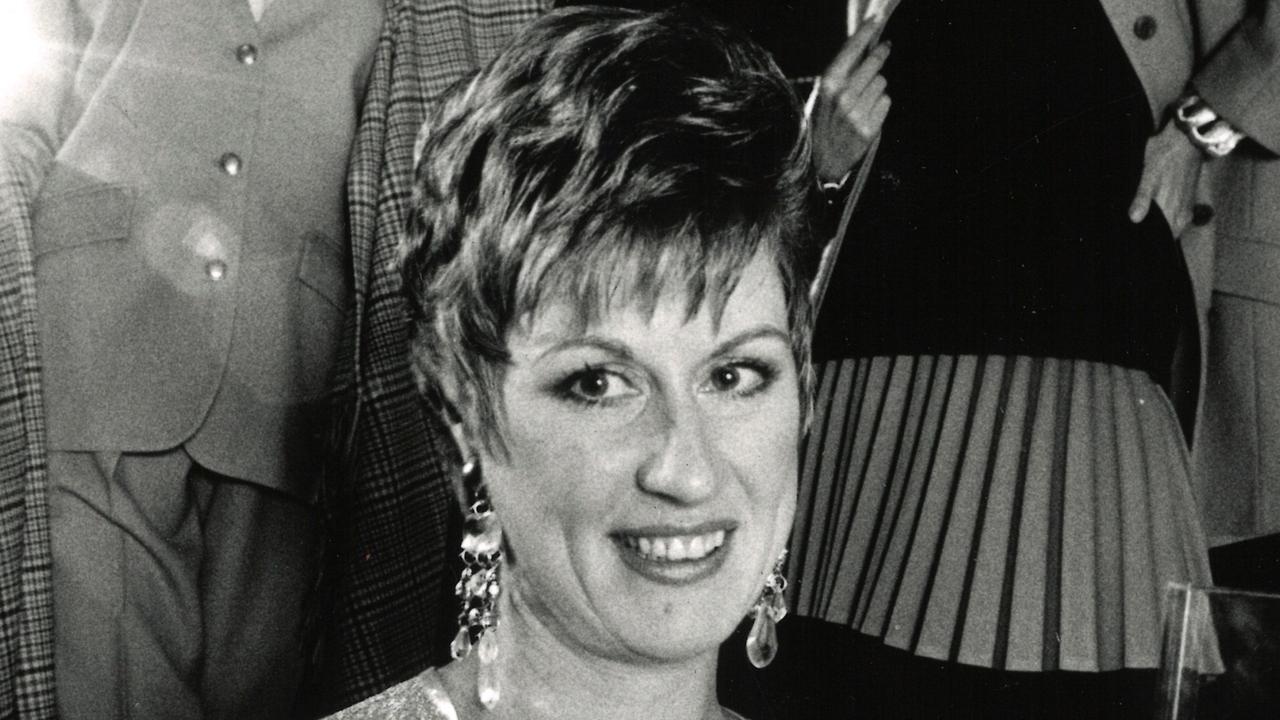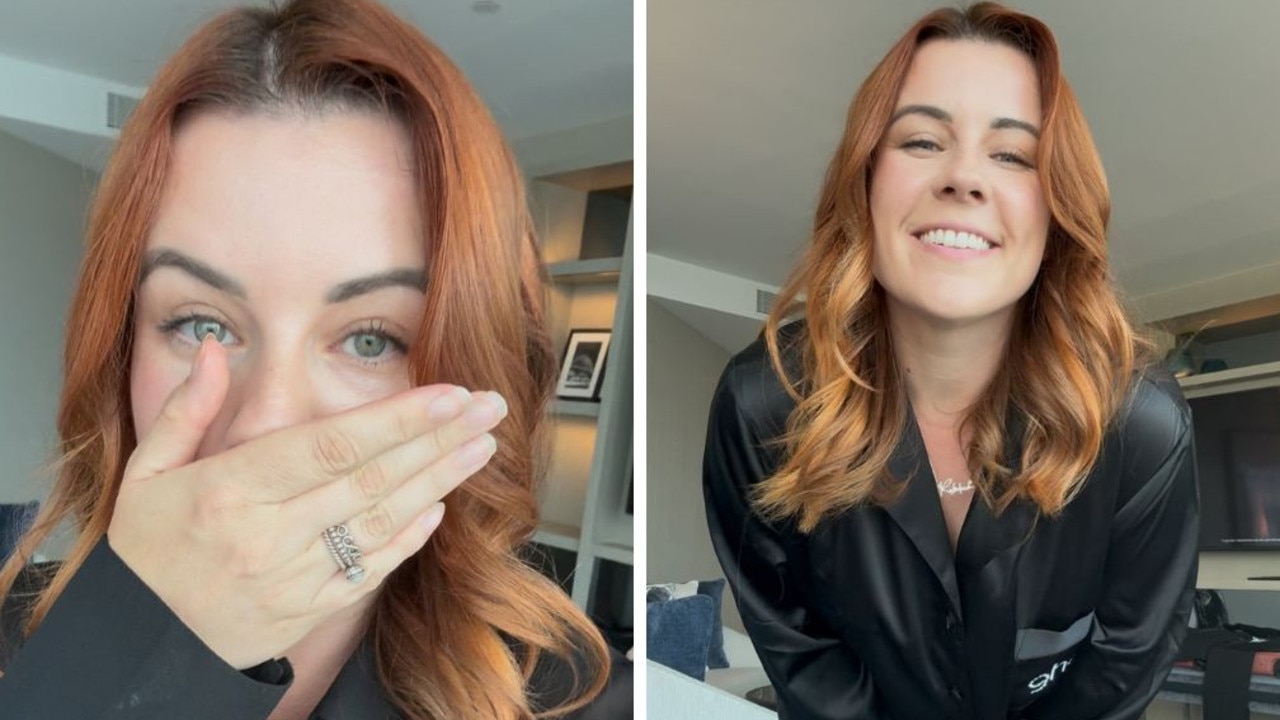There are three types of people you will see on reality TV shows
This framework is particularly timely and may be useful for MAFS fans for analysing a certain someone… *cough*

Jason Steel has built his career working with reality TV stars, ensuring that their 15 minutes of fame lasts well, longer than 15 minutes.
From Real Housewives, Mob Wives, Dance Moms and Jersey Shore - it’s safe to say that Jason has had a front-row seat to some of the biggest shows in the world, and this led him to start his own agency, Hello Mother.
He primarily works with stars to help them cultivate and grow their personal brand in a way that goes beyond just the character you see on screen.
Throughout his career, he’s come to realise that there are three main categories all reality TV stars fall into after finding fame. And according to Jason, it’s all linked to that person’s initial intention for going on the show in the first place.
Kidspot spoke to Jason to find out exactly what these categories are and whether he thinks this season’s MAFS cast are destined to fall into any particular ones…
Want to join the family? Sign up to our Kidspot newsletter for more stories like this.

RELATED: The deleted MAFS Domenica scene
The three categories of stars
According to Jason, the three categories all reality TV stars fall into are:
The ones that disappear: These are the blink-and-you'll-miss-it type of people. Basically, they're not very memorable OR they're just not interested in life in the public eye.
One hit wonders: These people are often on TV to cause drama because they think causing drama will get them the attention they want and in turn create an A-List lifestyle for themselves. These people often crash and burn after shows like The Bachelor, Love Island, MAFS and so on, as the only thing people know them for is potentially a big ego and scandals - both of which aren't compatible with long-term success in the public eye.
The ones that understand they are a ‘brand’ and ‘business’: These people are savvier and are able to see the opportunities that TV can present to them and create their own strategy to create a media profile that people enjoy. These people are not going to be the ones that are in it for the drama, they’ve got bigger intentions and a better-tuned 'business brain'. These people are the ones that will go on to achieve continued success as an influencer or celebrity (or both). These people are the ones that find a niche, build their brand and authority and then stay in their lane long-term.
“All reality stars begin with some momentum from their newfound fame and increased social media following,” Jason explains.
But it’s only the savvy ones who will end up realising the full potential of fame for building income streams and finding longevity in the public eye.
The stars that see the most success post-reality TV are typically the ones that “ want to better the world, make a difference, be that person that represents something that is under-represented but worthy of public attention.”
Jason says, “If they’re smart, have the right intentions and know what they offer the world they can totally evolve their personas into ‘brands’ that people like and want to work with.
“This is opposed to the ones that cause drama just to ‘get famous’ - there is no special skill set or niche for that. You can’t build a brand off of that simply because no one will want to work with you. All you are telling people is that you’re here to cause waves and eventually it gets boring.”
Introducing our new podcast: Mum Club! Listen and subscribe wherever you get your podcasts so you never miss an episode.
It’s often these drama queens on the shows that won’t see commercial success after their time in the limelight, as this personality offers nothing to the outside world. “Although it can be entertaining, drama is not what you need to build a good foundation and build a solid personal brand off,” Jason tells us.
“At some point, these people realise this but instead of pivoting to something more useful they try to be even more dramatic to keep the same level of attention - kind of like a toddler that keeps throwing tantrums. You walk away and they follow you but eventually they learn that you’re not responding to it and they meltdown.
“From here the celebs realise that they don’t have any other skills to rely on to survive in the public eye so they fall back to their Instagram following to generate an income. Whether that is endless amounts of sponsored posts, OnlyFans or starting their own brands.
“The success of any effort like this is the same as running a successful business and brand. You need trust, relatability and transparency. All of which are out the window when people see all of a sudden you’re an ‘influencer’. They’ve only been following you for the drama, they don’t trust your opinion when it comes to whitening their teeth or cooking dinner from a fresh food delivery box.”
So his key takeaway is; if you really want to capitalise on the spotlight, you need to think deeply about what your overall purpose is going to be.

RELATED: What we know about MAFS 2025 before it has even started
"If you're doing the right thing by people, you'll succeed"
More Coverage
Ultimately, Jason’s message is clear. The people that manage to find long-term success are the ones with the right intentions (plus abilities.)
“Regardless of whether it’s TV, starting a business, making friends, finding a partner or just going about your daily life, I always try to first see what their motivations are because that is where their true character lies.
“In the end, I am a big believer that if you’re trying to do the right thing by people you will succeed.”
Originally published as There are three types of people you will see on reality TV shows






